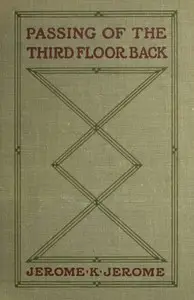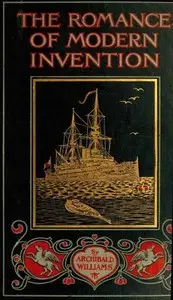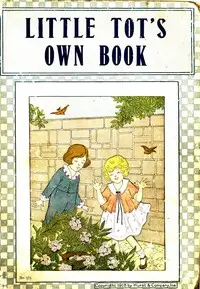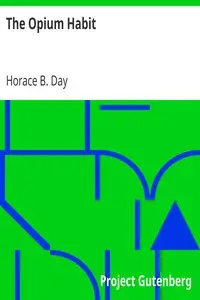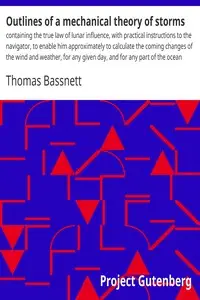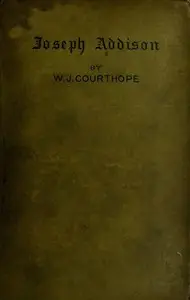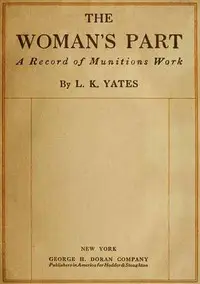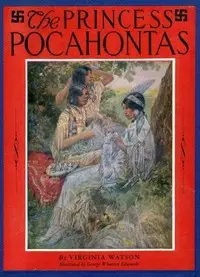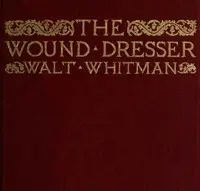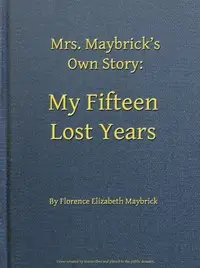"On the Stage--and Off: The Brief Career of a Would-Be Actor" by Jerome K. Jerome is a humorous and autobiographical account written in the late 19th century. The narrative captures the author's whimsical journey and aspirations to become an actor, offering insights into the theatrical world. Jerome presents his youthful dreams, numerous misadventures, and the charming naiveté surrounding his quest for fame in the theater. The opening of this work introduces readers to Jerome's reflective thoughts on the allure of the stage and his personal yearning to become a celebrated actor. It begins with his earnest declaration that the theater is where he belongs, inspired during a production of "Romeo and Juliet." As the narrative unfolds, he shares amusing anecdotes about his preparation, study of classic playwrights, and the obstacles he faces from skeptical friends. With a mixture of optimism and self-deprecation, Jerome captures the reader's attention as he navigates the comical realities of pursuing a theatrical career amidst a colorful cast of characters and whimsical circumstances. (This is an automatically generated summary.)
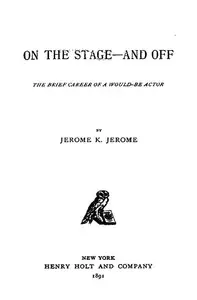
On the Stage--and Off: The Brief Career of a Would-Be Actor
By Jerome K. (Jerome Klapka) Jerome
"On the Stage--and Off: The Brief Career of a Would-Be Actor" by Jerome K. Jerome is a humorous and autobiographical account written in the late 19th ...
Jerome Klapka Jerome was an English writer and humorist, best known for the comic travelogue Three Men in a Boat (1889). Other works include the essay collections Idle Thoughts of an Idle Fellow (1886) and Second Thoughts of an Idle Fellow; Three Men on the Bummel, a sequel to Three Men in a Boat; and several other novels. Jerome was born in Walsall, England, and, although he was able to attend grammar school, his family suffered from poverty at times, as did he as a young man trying to earn a living in various occupations. In his twenties, he was able to publish some work, and success followed. He married in 1888, and the honeymoon was spent on a boat on the River Thames; he published Three Men in a Boat soon afterwards. He continued to write fiction, non-fiction and plays over the next few decades, though never with the same level of success.






